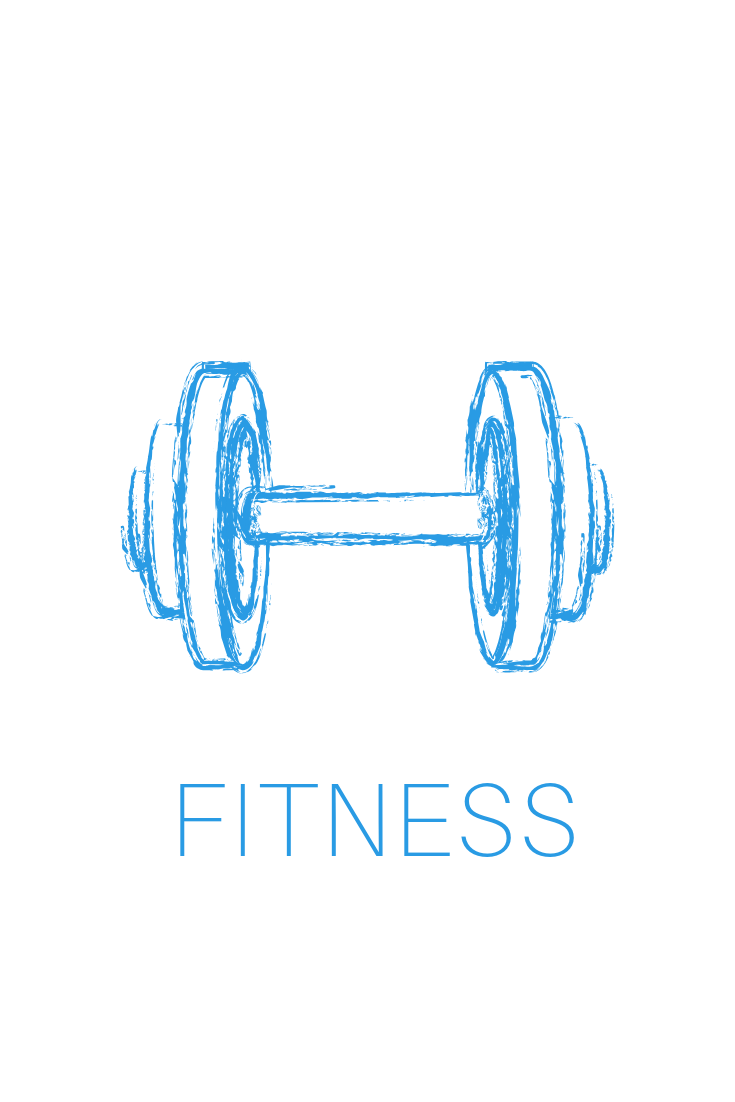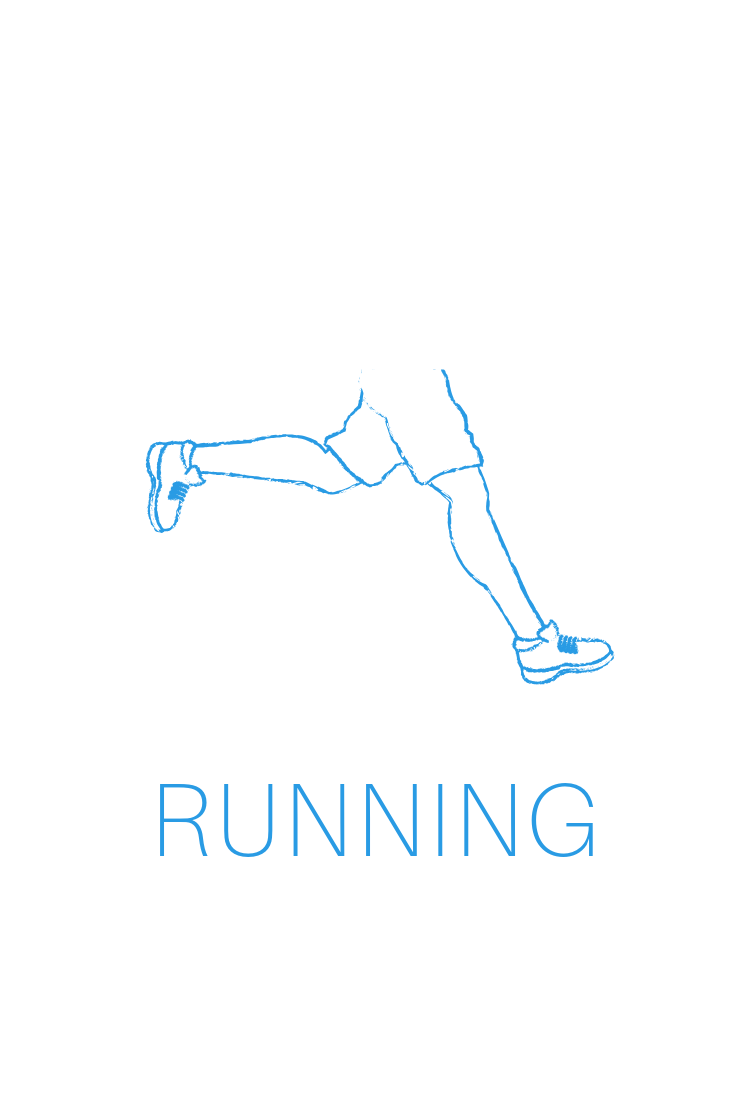Running: The Good and The Bad
Here’s the skinny on running…
On Saturday, I ran 28kms. Well, more accurately I ran 22kms, jogged 4kms and painfully shuffled my way through the final 2kms. The last kms were not pretty, but I got it done.
This was not just for fun – I’m training for an upcoming marathon. As I was running along, I had plenty of time to reflect on why I run, and what encourages me to keep running.
The shorter, easy pace runs I actually look forward to: having time to myself, listening to a podcast, enjoying the fresh air and doing something active makes me happy. Other times, particularly before a long run or tough sprint session, I feel pretty apprehensive, and often I just don’t want to do it. But what gets me out there every time is knowing how good this is for my body and mind, and how awesome I’ll feel when it’s done.
RUNNING: The Good
Increases lifespan
Running for about two hours each week has been linked to three extra years of life according to a study conducted in 2017. The researchers found that running outperforms walking, cycling and other forms of aerobic exercise when it comes to lengthening life.
Improves cardiovascular fitness
Running is a highly aerobic activity that strengthens the heart, improving its ability to pump blood around the body. The typical runner’s heart is more efficient than those of sedentary people, with a slower resting heart rate, pumping a larger volume per beat.
Improves bone density
High-impact activities, such as running, increase mineral bone density, greatly reducing the risk of osteoporosis.
Mental health
It’s well known that running is a simple and effective way to assist in reducing depression. Running sends nourishing blood to the brain, which can help you think more clearly and reduce anxiety. Running releases your natural mood-elevating compounds which may have similar effects as anti-depressants.
A sense of achievement
Whether it’s your first 1km training run, or completing an ultra marathon, reaching that goal gives you an incredible sense of achievement. This feeling of overcoming obstacles (such as a tough run) is incredibly powerful when facing other difficult tasks in your life.
Provides purpose
There is a lot of research which highlights the importance of creating purpose in your life. Although running itself won’t change your world, it does create a sense of purpose in your day to day activities. If you are a runner, you feel a sense of identity that connects you with others.
Develops grit
By the 22nd km in my run I was feeling pretty rubbish. I did fantasise about calling my husband to come and pick me up. I also thought about just stopping and sitting in the gutter. But I didn’t. I kept going. And 6kms later as my front gate came into sight and the 28th km ticked over, I felt so proud of myself. My ‘Grit Metre’ went up a notch, and in that moment, I could do anything.
“It’s my mind that keeps me running. My body told me to quit a few miles ago.” -anon
Finding flow
I know this sounds a little hippy, but there has been a few times over the years when I have been running and found myself in a state of flow – a term used to describe that feeling when everything comes together at the perfect time and it just feels right. You are running fast, feeling strong, and having fun. It doesn’t happen often, but when it does, it’s the best feeling in the world.
The reality is that running is not for everyone, and there are a few things to consider before deciding to hit the road so to speak:
RUNNING: The Bad
Repetitive impact
The repetitive nature of running places pressure on the body’s muscular and skeletal systems. The constant contact with the ground over and over again places your joints and muscles under significant stress. Therefore, it’s common for runners to experience joint tendinitis (swelling) and stress fractures (tiny cracks in the surface of a bone, usually in the lower leg or the metatarsals of the foot for runners).
Injuries
Truth be told, I have a cupboard full of images of different body parts from numerous scans and MRI’s over the years. I certainly haven’t sailed through this running thing injury free, and I have been told by a range of specialists to take up cycling or kayaking instead. The reality is that running can be tough on your body and can lead to damage that may take a lot of time and energy to recover from.
It’s not for every body
Some people do not like to run. They never have, and they never will. It may not feel good on your body, it might bore you to tears (I know plenty of people who will run if they have a ball to chase or a goal to score, but running for the sake of running doesn’t make any sense to them). If you do not like to run, then there is certainly no need to run (and you are probably not still reading this blog anyway).
If you are not a runner but would like to give it a go, preparation is key. Work with a trainer to develop a program which includes strength training, core work and a running program with appropriate build up and recovery. Then simply put your shoes on and take one step, then another, and another, and another…..
By Angie Black
Hey! I’m Angie. I’m passionate about fitting exercise into your life, for the rest of your life.
BLOG CATERGORIES:







